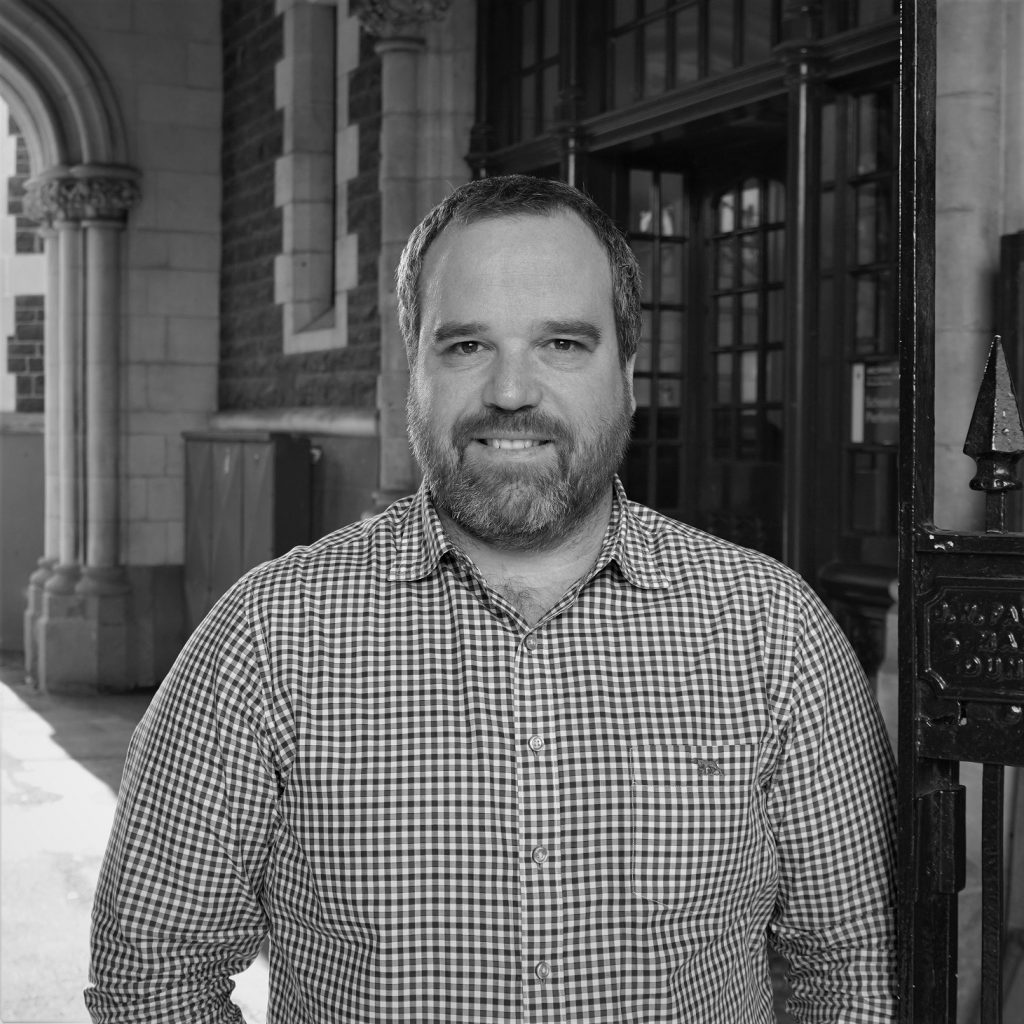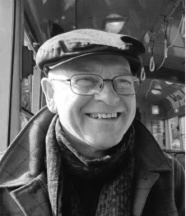Assessment
- Research Themes
- Assessment
Assessment
Researching assessment in higher education holds immense significance as it plays a pivotal role in shaping educational practices. Research allows academics and institutions to refine their assessment methods and inform effective ways to enhance students learning through assessment. By investigating various assessment strategies, tools, techniques, concepts, and theories, researchers can identify best practices that promote meaningful learning, engage students, and measure their progress effectively. Such research enables academics to align assessments with desired learning outcomes, thereby fostering a more comprehensive and targeted approach to education. Additionally, studying assessment at the university level facilitates the identification of potential biases, allows for the development of inclusive assessment practices, and encourages the adoption of innovative assessment formats. Ultimately, research in this domain empowers institutions and academics to enhance their educational practices, equipping students with the necessary skills and knowledge for success in their academic pursuits, in their future careers, and as contributing members of society.
Find out more
Theme Lead/Contact
Dr Nave Wald
Collaborations
Past and current projects
Past/Current Students
Researchers
Research Outputs
Publications
Dr Nave Wald (Theme Lead/Contact)

Assessment is central to the student experience at university, especially following the shift from solely relying on final examinations to incorporating internal assessment tasks. Subsequently, assessment has become a well-known driver of both learning and behaviour, and students often concentrate their effort into tasks that carry a grade. As such, assessment of student learning in higher education is a multi-faceted topic, encompassing issues around student behaviour and the affective domain, pedagogical decisions, academic workload, epistemological values, requirements for compliance and quality assurance, and related policy and politically imbued debates. This complexity makes assessment an important and diverse area of research with a broad scope for both practice-oriented and conceptual scholarship.
Through my research I strive to gain insights and better understand how and mostly why university teachers assess in the ways they do, which is necessary for ensuring assessment is practiced in ways that foster student learning in different disciplines and at different levels.
I would like to see more resources (time, attention, funding) invested towards assessment tasks that are more meaningful and formative, thus enhancing not only student learning and also their attitudes towards learning. Doing so would in many cases require to have less assessment tasks that are larger and complex in scope, and where the students have opportunities to engage in conversations with peers and/or teachers.
Professor Tony Harland

Tony Harland is a Professor at the Higher Education Development Centre. He studies the purposes of a university education. Recent projects have looked at the concept of Powerful Knowledge, student peer review, assessment, teacher development and how students learn through doing research.
Dr Rob Wass

Dr Rob Wass is a Senior Lecturer in the Higher Education Development Centre at the University of Otago. Rob’s research aims to enhance student learning through academic development, mentoring, good assessment practices, and peer learning. His research interests relate to constructivist approaches to learning and critical thinking.
Past/Current Student Researchers

Watch this space for information on our postgraduate students studying in Assessment
Research Outputs

Harland, T., & Wald, N. (2021). The assessment arms race and the evolution of a university’s assessment practices. Assessment & Evaluation in Higher Education, 46(1), 105-117. doi: 10.1080/02602938.2020.1745753
Wald, N., & Harland, T. (2021). Measuring changes in higher-order cognition through the assessment of complex knowledge over time. Assessment & Evaluation in Higher Education, 46(8), 1286-1299. doi: 10.1080/02602938.2020.1871467
Wald, N., & Harland, T. (2020). Rethinking the teaching roles and assessment responsibilities of student teaching assistants. Journal of Further & Higher Education, 44(1), 43-53. doi: 10.1080/0309877X.2018.1499883
Wass, R., Timmermans, J., Harland, T., & McLean, A. (2020). Annoyance and frustration: Emotional responses to being assessed in higher education. Active Learning in Higher Education, 21(3), 189-201. doi: 10.1177/1469787418762462
Harland, T., Wald, N., & Randhawa, H. (2017). Student peer review: Enhancing formative feedback with a rebuttal. Assessment & Evaluation in Higher Education, 42(5), 801-811. doi: 10.1080/02602938.2016.1194368
Harland, T., McLean, A., Wass, R., Miller, E., & Sim, K. N. (2015). An assessment arms race and its fallout: High-stakes grading and the case for slow scholarship. Assessment & Evaluation in Higher Education, 40(4), 528-541. doi: 10.1080/02602938.2014.931927
Sharmini, S., Spronken-Smith, R., Golding, C., & Harland, T. (2015). Assessing the doctoral thesis when it includes published work. Assessment & Evaluation in Higher Education, 40(1), 89-102. doi: 10.1080/02602938.2014.888535
Wass, R., Harland, T., McLean, A., Miller, E., & Sim, K. N. (2015). ‘Will press lever for food’: Behavioural conditioning of students through frequent high-stakes assessment. Higher Education Research & Development, 34(6), 1324-1326. doi: 10.1080/07294360.2015.1052351
Harland, T., & Wass, R. (2011). Summative assessment in a modular degree: No choice in teaching, no freedom to learn. Proceedings of the Tertiary Education Research in New Zealand (TERNZ) Conference. Retrieved from http://www.herdsa.org.nz/Ternz/2011/programme.html
